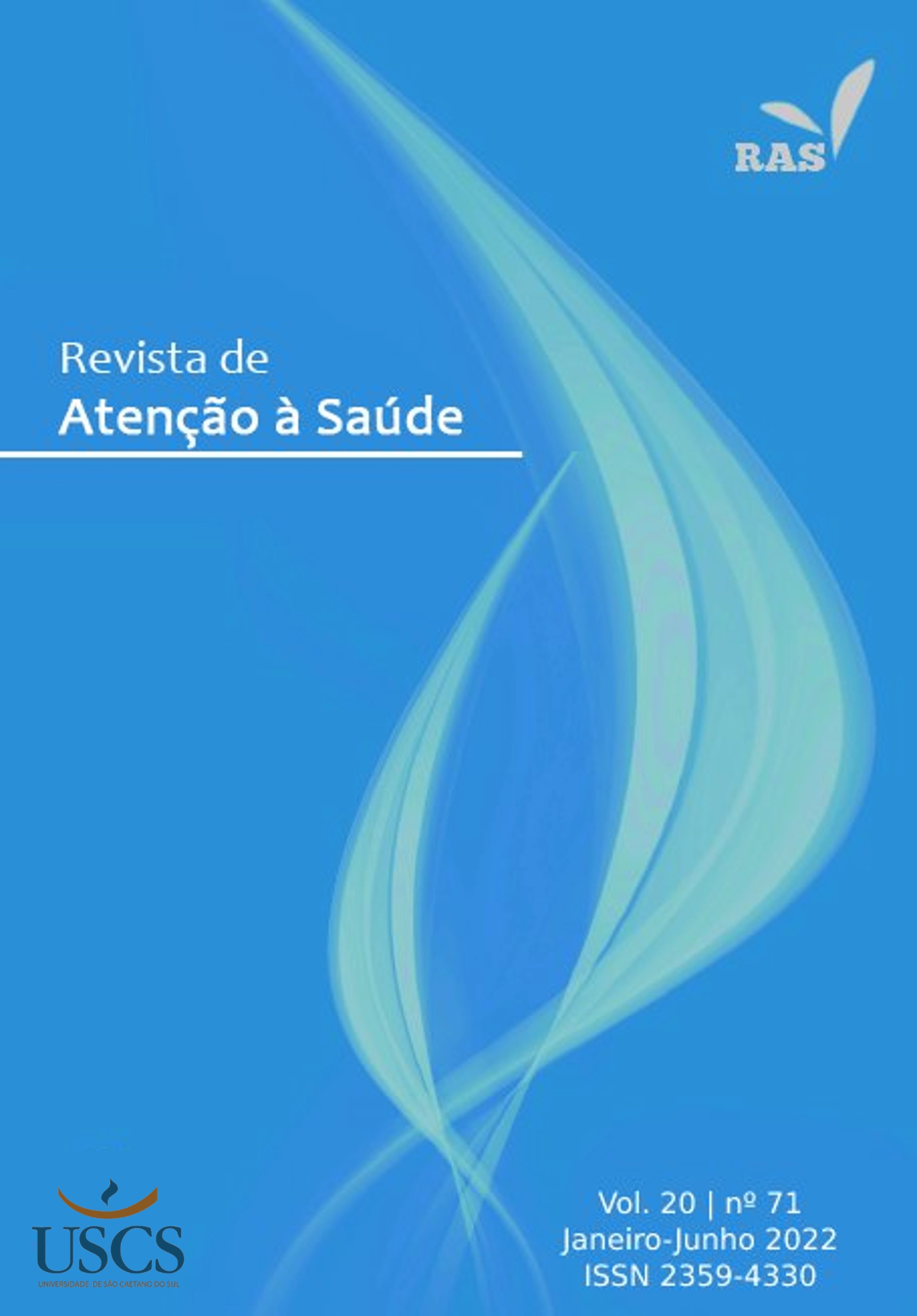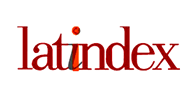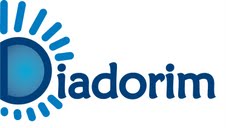EDUCATIONAL ACTIONS FOR THE PREVENTION OF CERVICAL CANCER: DISCOURSE OF QUILOMBOLA WOMEN
DOI:
https://doi.org/10.13037/2359-4330.8254Keywords:
Women's Health, Cervical Neoplasms, Health education, Group with African Continent Ancestors, Qualitative research, NursingAbstract
Introduction: Cervical Cancer is the third type of cancer that kills women the most, affecting mainly those with lower socioeconomic status and who have difficulties in accessing health services, such as quilombola women. Objective: To understand how health education proposals can contribute to the self-knowledge of quilombola women about cervical cancer prevention. Methods: This is an excerpt from a graduation project in nursing at the Federal University of Campina Grande, carried out in 2019, based on the action-research method and analyzed through the methodological process of the Collective Subject Discourse. Results: After carrying out the situational diagnosis, three meetings were held with the quilombola women, in which knowledge about Cervical Cancer was built and feelings related to the disease were dealt with, using active methodologies associated with the representations and inherent characteristics preventive habits, especially the Pap smear. Conclusions: The educational actions caused a change in the knowledge of women about cervical cancer and its preventive methods, thus showing that educational activities are a possibility for women's self-knowledge about cervical cancer prevention, making them holders and multipliers of knowledge in their collective reality.
Downloads
References
Brasil. Política Nacional de Saúde Integral da População Negra, uma política do SUS. Ministério da Saúde - 2ª Ed; Brasília, DF. 2017 [acesso: 28/11/2021]. Disponível em: http://bvsms.saude.gov.br/bvs/publicacoes/politica_nacional_saude_populacao_negra_3d.pdf.
Santos MO. Estimativa 2018: Incidência de Câncer no Brasil. Revista Brasileira de Cancerologia. 2018 [acesso: 28/11/2021]; 64(1): 119-120. Disponível em: https://rbc.inca.gov.br/revista/index.php/revista/article/view/115/55.
Nigussie T, Asefa A , Nigusse A, Admassu B. Knowledge Toward Cervical Cancer and Its Determinants Among Women Aged 30-49 in Jimma Town, Southwest Ethiopia. Cancer Control. 2020 [acesso: 28/11/2021]; 27(1): 1-6. DOI: http://doi.org/10.1177/1073274820983027.
Jacintho KS, Cavalcante KOR, Silva JMO, dos Santos AAP. Factores que influyen en la prevención del cáncer de cuello uterino en la comunidad quilombolas. Cult. Cuid. 2018 [acesso: 28/11/2021]; 22(50): 151-157. DOI: http://dx.doi.org/10.14198/cuid.2018.50.14.
Júnior JAS, Bezerra LLO, Freitas JLGS, dos Santos SMP, de Queiroga RPF, Silva TRF. The knowledge of nursing students about cervical câncer. Rev. Enferm. UFSM. 2021 [acesso: 28/11/2021]; 11: 1-17. DOI: http://doi.org/10.5902/2179769241938.
da Rocha CMC, de Araújo FT, de Paulo GML, Melchior LMR, Novais MR, Rézio GS. Educação em saúde na comunidade ação multidisciplinar: relato de experiência. Brazilian Journal of Health Review. 2021[acesso: 28/11/2021]; 4(1): 2821-2829. DOI: http://doi.org/10.34119/bjhrv4n1-227.
Thiollent M. Metodologia da pesquisa-ação. 18.ed. – São Paulo: Cortez, 2011.
Lefèvre F, Lefèvre AMC. Discurso do sujeito coletivo: representações sociais e intervenções comunicativas. Texto & contexto enferm. 2014 [acesso: 28/11/2021]; 23(2): 502-507. DOI: https://doi.org/10.1590/0104-07072014000000014.
Costa ES, Santos MKA, Mariano NF. Educação em saúde como forma de prevenção do câncer de colo de útero e de mama: um relato de experiência. Ciências Biológicas e de Saúde Unit. 2019 [acesso: 28/11/2021]; 5(3): 55-60. Disponível em: https://periodicos.set.edu.br/cadernobiologicas/article/view/7123/3614.
Shrestha AD, Neupane D, Ghimire S, Campbell C, Kallestrup P. Community-based intervention for cervical cancer screening uptake in a semi-urban area of Pokhara Metropolitan, Nepal (COBIN-C): study protocol for a clusterrandomized controlled trial. Trials. 2021 [acesso: 28/11/2021]; 22(1): 1-9. DOI: https://doi.org/10.1186/s13063-021-05049-3.
Macedo KDS, Acosta BS, da Silva EB, de Souza NS, Beck CLC, da Silva KKD. Active learning methodologies: possible paths to innovation in health teaching. Escola Anna Nery. 2018 [acesso: 28/11/2021]; 22(3): 1-9. DOI: DOI: https://doi.org/10.1590/2177-9465-EAN-2017-0435.
Paiva MRF, Parente JRF, Brandão IR, Queiroz AHB. Metodologias ativas de ensino-aprendizagem: revisão integrativa. Rev. SANARE. 2016 [acesso: 28/11/2021]; 15(2): 145-153. Disponível em: https://sanare.emnuvens.com.br/sanare/article/view/1049/595.
Salvador PTCO, Martins CCF, Alves KYA, Pereira MS, Santos VEP. Tourinho FSV. Tecnologia no ensino de enfermagem. Rev. Baiana Enferm. 2015 [acesso: 28/11/2021]; 29(1): 33-41. Disponível em: https://periodicos.ufba.br/index.php/enfermagem/article/view/9883/9540.
de Almeida DR, Nodari CH, Guimarães CM, Coutinho AOR, Bez MR. A simulação como estratégia de ensino aprendizagem em enfermagem: uma revisão integrativa. RESU – Rev. Educ. em Saúde. 2018 [acesso: 28/11/2021]; 6(2): 98-105. DOI: https://doi.org/10.29237/2358-9868.2018v6i2.p98-105.
Sitaresmi MN, Rozanti NM, Simangunsong LB, Wahab A. Improvement of Parent’s awareness, knowledge, perception, and acceptability of human papillomavirus vaccination after a structured-educational intervention. BMC Public Health. 2020 [acesso: 28/11/2021]; 20(1): 1-9. DOI: https://doi.org/10.1186/s12889-020-09962-1
Published
Issue
Section
License
Copyright (c) 2022 Thais Gonçalves De Souza, Beatriz Pereira Alves, Anna Beatryz Lira da Silva, Isabela Lunara Alves Barbalho, Rayrla Cristina de Abreu Temoteo, Marcelo Costa Fernandes

This work is licensed under a Creative Commons Attribution-NonCommercial-NoDerivatives 4.0 International License.
Policy Proposal for Journals offering Free Delayed Access
Authors who publish in this magazine agree to the following terms:
- Authors maintain the copyright and grant the journal the right to the first publication, with the work simultaneously licensed under a Creative Commons Attribution License after publication, allowing the sharing of the work with recognition of the authorship of the work and initial publication in this journal.
- Authors are authorized to assume additional contracts separately, for non-exclusive distribution of the version of the work published in this magazine (eg, publishing in institutional repository or as a book chapter), with the acknowledgment of the authorship and initial publication in this journal.
- Authors are allowed and encouraged to publish and distribute their work online (eg in institutional repositories or on their personal page) at any point before or during the editorial process, as this can generate productive changes, as well as increase impact and citation of the published work (See The Effect of Open Access).









